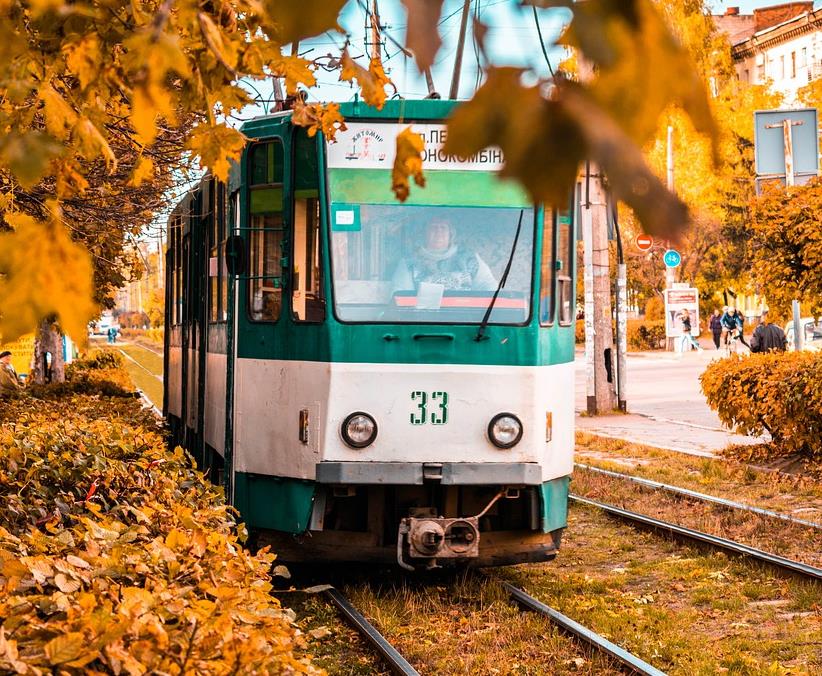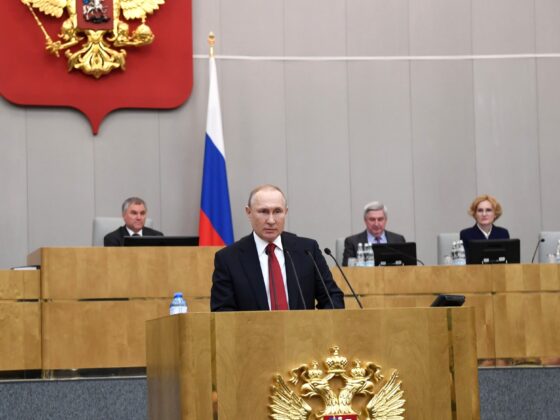(OpenDemocracy) On 25 October, Ukraine held local elections across the country, heralding the final stage of a much-lauded decentralisation of administrative power – and a serious loss for president Zelenskyi’s Servant of the People party.
While 11 cities are scheduled to hold a second round in their mayoral elections later this month, it is already clear from the results of the first round who the winners are in this contest: old local political elites who have been monopolising power in Ukraine’s regions since the 1990s. With these local political machines freshly legitimised, Ukraine is entering a new era – one with a new dual-leveled political system and questions over the future of the old “power vertical”. […]
“The system on the local level in Ukraine is family-clan based, in some places it has a criminal origin, elsewhere it doesn’t,” explains Oleksandr Fisun, a Ukrainian political scientist. “These are political families, and often literally clans who are united not only by a joint business, but also family ties. Zakarpattya is an illustrative example, although the situation is similar in other regions.” […]
“After the local elections of 2020, twenty-five regional political regimes have emerged in Ukraine,” says Oleksandr Fisun, citing the number of administrative regions in the country. “Each one consists of two parts: the city regime, the nature of which depends on the success of the mayor, and the regional council.”
This brings significant changes to the political scene in Ukraine. “Ukraine has developed a two-tier political system. The first level is national, with national political parties, and the second level is local with regional politicians,” Fisun states. […]
Read More © OpenDemocracy











